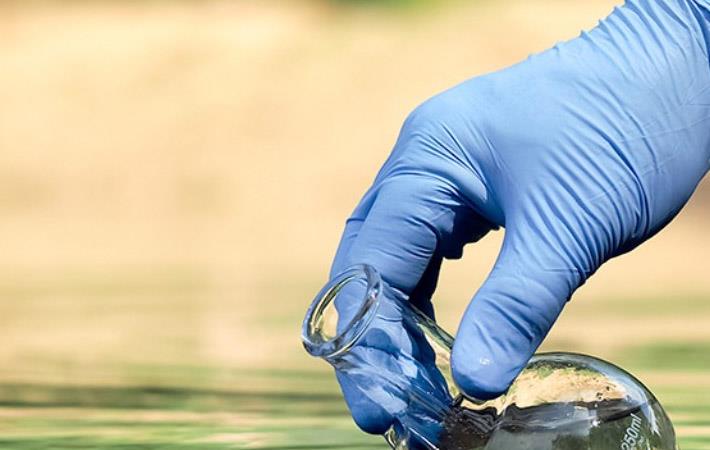More than 100 representatives from industry and organisations attended a Chemical Management and Detox Awareness Training Programme in Dhaka, organised by TUV Rheinland Bangladesh to highlight the importance of sustainable practices in the textiles industry. The programme discussed ways to address concerns around health, safety and environment.
TUV Rheinland is a global leader in independent inspection services. The attendees at the one-day programme were eager to understand the best ways to address concerns around health, safety and environmental issues related to chemicals in textiles. The programme was organised in collaboration with the apparel and textile giant G Guldenpfenning (Bangladesh).More than 100 representatives from industry and organisations attended a Chemical Management and Detox Awareness Training Programme in Dhaka, organised by TUV Rheinland Bangladesh to highlight the importance of sustainable practices in the textiles industry. The programme discussed ways to address concerns around health, safety and environment.#
TUV Rheinland Bangladesh speakers included Hasem Ali, director - Technical and Laboratories, and Wakil Hossain, manager - Sustainability Services, who showcased some of the most critical sustainability requirements and chemical management audit processes affecting the industry today.
They outlined a number of factors that are driving demand for the removal of hazardous chemicals from textiles, including increased knowledge of the hazards associated with certain commonly used chemicals, legislation, such as the European Union's REACH (Registration, Evaluation, Authorisation and restriction of Chemicals) and Proposition 65 in California, Manufacturing Restricted Substances List (MRSL) Waste Water Quality, and Chemical Management Audit Protocols.
In addition to examining the overall impact of the textile industry, which is widely believed to be the second most polluting after oil, and the number two polluter of clean water after agriculture, TUV Rheinland offered strategies to rectify the situation. These included risk assessments and wastewater monitoring, MRSL compliance, supplier audits, product RSL checking and chemical management training.
One of the highlights of the day was a session on the requirements for meeting the Detox guidelines adopted by the German retail giant, Aldi, which operates over 10,000 stores in 20 countries, with an estimated combined turnover of more than EUR50 billion.
The team from G Guldenpfenning (Bangladesh) was led by the head of the Sustainability Department, Monzil Hossain, and provided an update on the environmental requirements for Bangladeshi wet process suppliers working with German customers. Gourab Hussain, environmental officer, and Golam Shorower, senior environmental officer, covered environmental compliance-related issues, such as "amfori BEPI Chemical Management Audits." They also discussed their approach to environmental initiatives and upcoming sustainability challenges in the RMG sector.
The programme concluded with a visit to TUV Rheinland's testing and certification laboratory -- the first in Bangladesh to be provisionally approved by ZDHC as a Green Status Lab. (SV)
Fibre2Fashion News Desk – India
